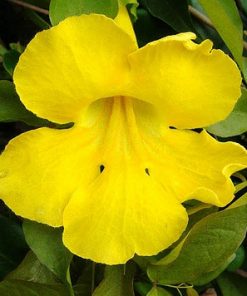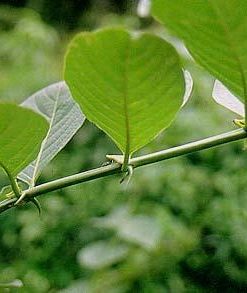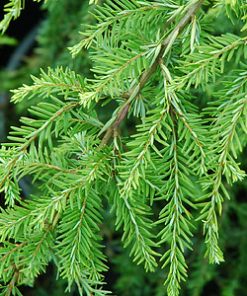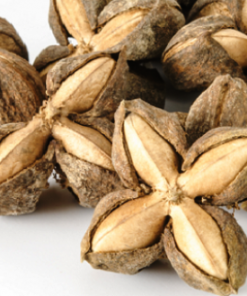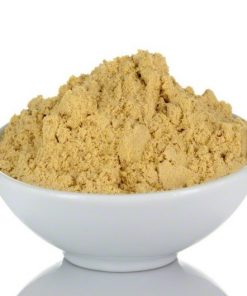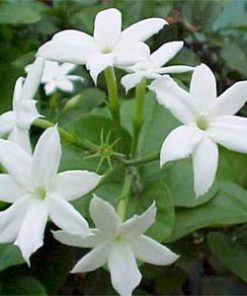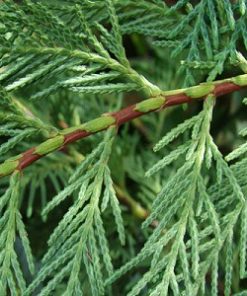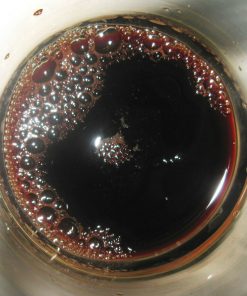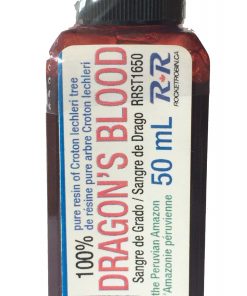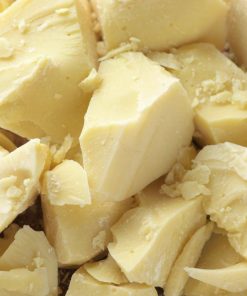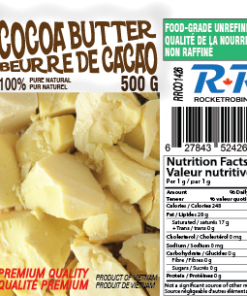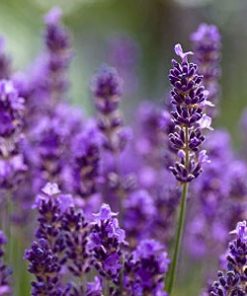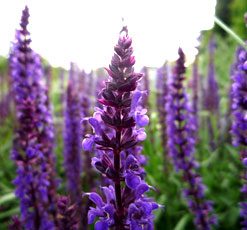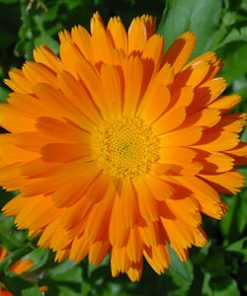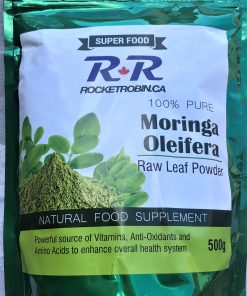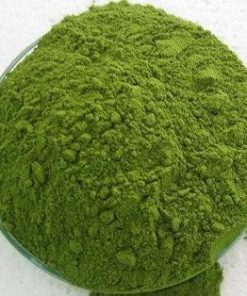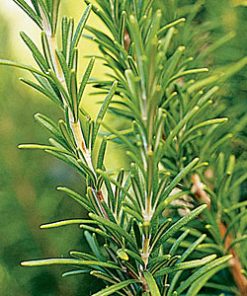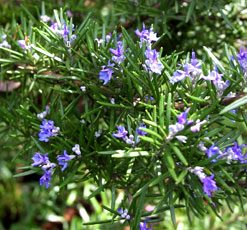Description
CHARCOAL SOAP with 100% NATURAL INGREDIENTS
Natural Soap with NO ANIMAL BY-PRODUCTS, NO SYNTHETIC OR ARTIFICIAL INGREDIENTS of any kind.
NO Sodium Lauryl Sulfate, or Parabens or Industrial Detergents in these soaps! No artificial preservatives! No EDTA. No suet (beef fat). No tallow. No lard (pork fat).
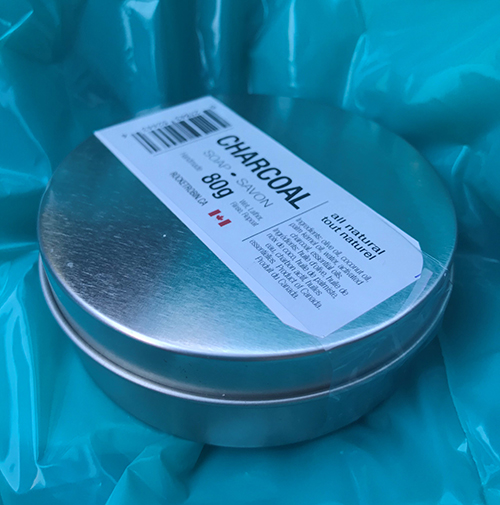
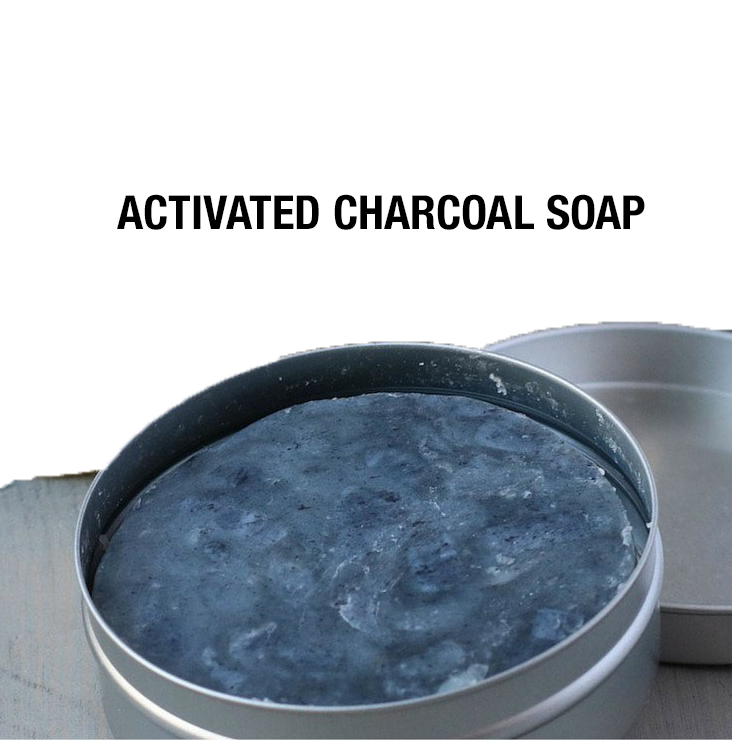
MADE IN CANADA
Hand-made in Canada by local artisans. Allowed to fully cure. Unlike most commercial varieties of soap products in which artificial ingredients are used to speed up the curing process, these hand-made all natural soaps are allowed to fully cure for 30 days or more.
Specially made for acne-prone or oily skin types, but everyone can use it for face, hands or body!
INGREDIENTS:
Olive Oil, Coconut Oil, Palm Kernel Oil, Water, Activated Charcoal, Essential Oils.
NO OTHER INGREDIENTS.
BAD STUFF IN COMMERCIAL SOAP
Regular Soaps
Regular soaps often contain chemicals in the form of artificial fragrance and colors. With so many toxins in our environment, do you really want to add more chemicals in the soap you use to clean yourself?
Antibacterial Soaps
 Many people don’t realize that antimicrobial soaps have been around since the 1950’s. Back then, however, they were marketed as “deodorant soaps” that killed the germs that caused body odor. Bar soap brands like Lifebouy and Dial are made of the same ingredients as today’s liquid antibacterial soaps that make the marketing claim they will kill germs on contact.
Many people don’t realize that antimicrobial soaps have been around since the 1950’s. Back then, however, they were marketed as “deodorant soaps” that killed the germs that caused body odor. Bar soap brands like Lifebouy and Dial are made of the same ingredients as today’s liquid antibacterial soaps that make the marketing claim they will kill germs on contact.
Antimicrobial soaps contain mostly water, surfactants, which generate foam, and active ingredients that “kill” bacteria. Soaps commonly use one of a few active ingredients including 3,4,4-trichlorocarbanalide (a.k.a. triclocarban) and 2-hyroxy 2’,4,4’-trichlorodiphenyl (also known as triclosan).
Triclosan & Triclocarban
Triclosan is most commonly found in liquid antibacterial soap, while triclocarban is the active ingredient in antibacterial and deodorant bar soaps. The EPA has registered both chemicals as pesticides, and they have a chemical structure is similar to many hazardous agents including dioxins, PCBs, and even Agent Orange.
These two ingredients have been related to many health problems including:
 The chemicals react with chlorine in tap water to produce dioxins. Dioxins are neurotoxins that can cause cancer, nerve disorders, and immune system disorders.
The chemicals react with chlorine in tap water to produce dioxins. Dioxins are neurotoxins that can cause cancer, nerve disorders, and immune system disorders.- The chemicals are endocrine disrupters, blocking thyroid hormone metabolism and attaching to hormone receptors to block hormones.
- According to the EPA, the chemicals can cause developmental and reproductive toxicity.
- They are carcinogens.
- They contribute to antibiotic resistance in bacteria that causes infection in humans.
- According to the Natural Resources Defense Council (NDRC), in surveys of the American population between the ages of 6 and 65, 75 percent have residues of triclosan in their systems.
You can absorb these toxic chemicals through your skin. In fact, the NDRC reports one study discovered higher levels of triclosan in the breast milk of nursing mothers using antibacterial soaps and other personal care products containing the ingredients. It makes me shudder to think of babies with their immature immune systems consuming these chemicals in their mothers’ milk.
Beyond Soap
Triclosan and triclocarban are ingredients in many other antimicrobial products, as well, including cutting boards, dish detergent, antibacterial sponges, and many others. If you see them listed as ingredients, don’t buy the product.
Antibiotic Resistance
One of the chief arguments you’ve most likely heard against antibacterial soaps is their potential to generate antibiotic resistance. While these products alone aren’t the only culprit in allowing bacteria to mutate in order to resist antibiotics, they play a large role along with other factors such as antibiotic overuse. It is estimated antibiotic resistance kills about 60,000 hospitalized people in the United States every year.
 Environmental Impact
Environmental Impact
Use of such toxic soaps also means that the active chemicals will wind up in the soil and ground water. Triclosan and triclocarban don’t degrade. They remain in the environment for centuries after their use.
Effectiveness
Worse, people are being sold a bill of goods when it comes to antibacterial soap. Studies show that the soaps are no more effective than washing with regular soap and hot water because the time they remain in contact with the skin is too short for any benefit. That means we’re polluting the environment and harming our health so that soap companies can sell more product and a higher price by making marketing claims that are, at best, shaky and at worst, deadly.
Consider This When You’re Using Commercial Soap:
These soaps are manufactured on GIANT scales, enormous, unbelievable. They must be getting their animal fat from another ginormous supplier.
These suppliers of animal fat, logically, must be commercial feedlots and slaughterhouses.
Commercial feedlots, as a general practice, use antibiotics and hormones and terrible living conditions that are anything but conscious and caring. In fact, they’re downright terrible. Monstrous. You get the picture.
Consider the source when you’re picking out your soap. Consider your consumption.
I have nothing against consciously-created tallowate soap, as a general rule (though I wouldn’t put it on my face if you paid me). Its pH is typically well into the 9.5 and over range, and most larger companies who make soap with tallowate also use TONS of other really icky ingredients. YUCK!
- Sodium Cocoyl Isethionate
- Stearic Acid
- Coconut Acid
- Sodium Tallowate
- Sodium Isethionate
- Sodium Stearate
- Cocamidopropyl Betaine
- Sodium Cocoate and/or Sodium Palm Kernelate
- Artificial Fragrance
- Sodium Chloride
- Tetrasodium EDTA
- Trisodium Etidronate
- BHT
- Titanium Dioxide (CI 77891)
- Sodium Dodecylbenzene Sulfonate
SOLD IN METAL TINS
Packed in metal tins. Keep in a dry place. I can accommodate custom orders or arrange wholesale pricing.
TRUST ROCKET ROBIN
Rocket Robin is proud to be your supplier of truly natural products with simple ingredients in support of your family’s health and well-being.
Additional information
| Weight | 0.15 kg |
|---|---|
| Dimensions | 10 × 3.75 × 3.75 cm |

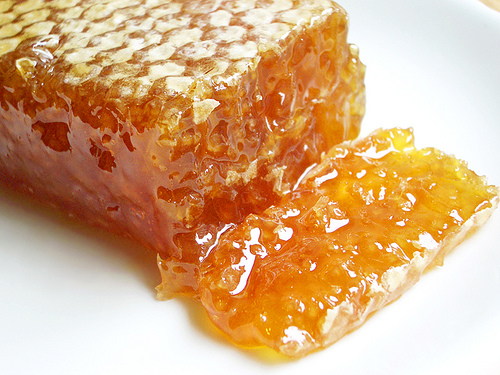
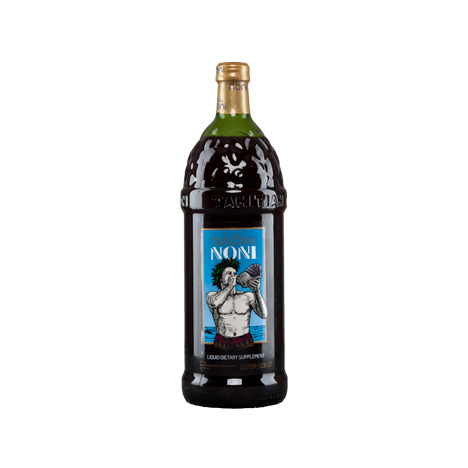
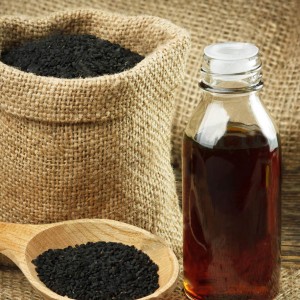
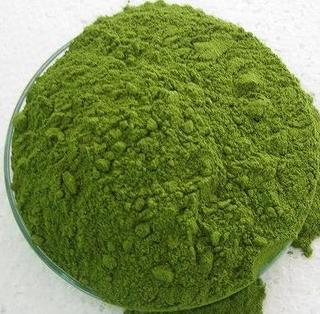
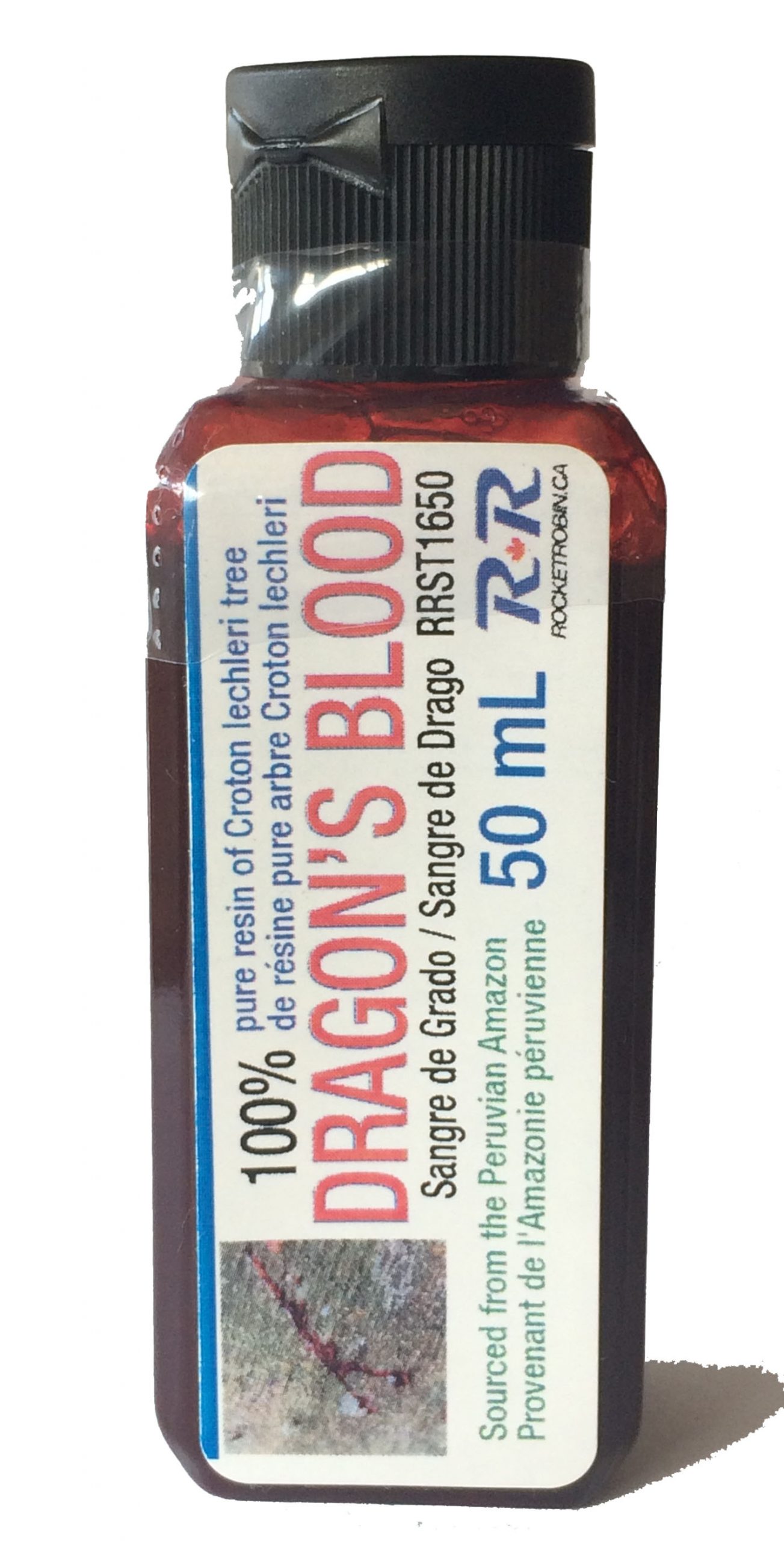
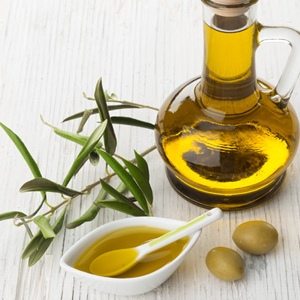
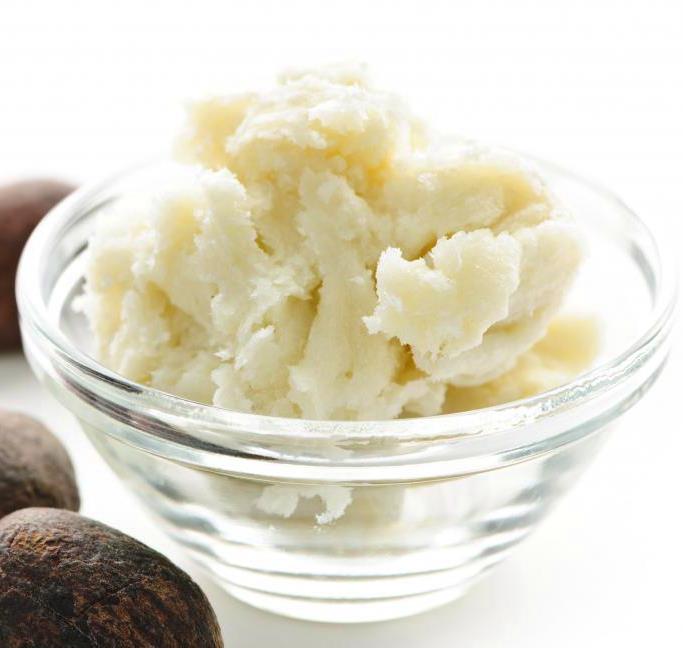
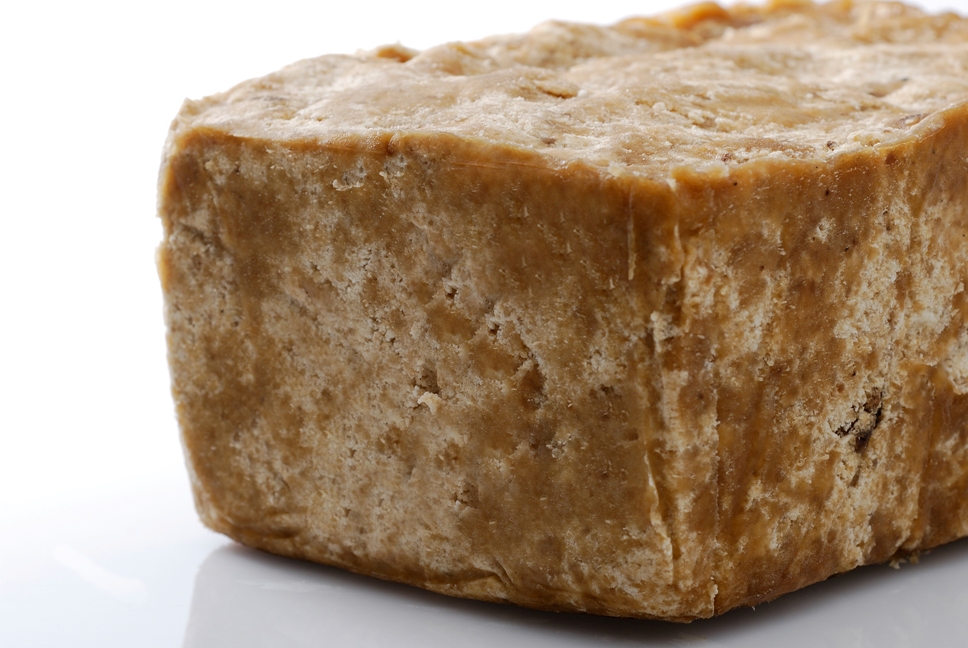
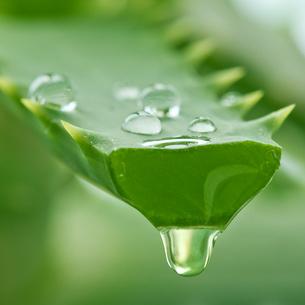
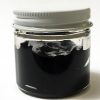
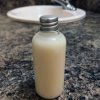
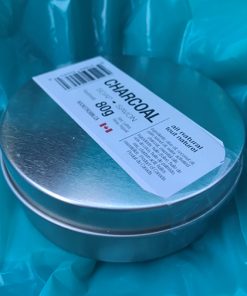
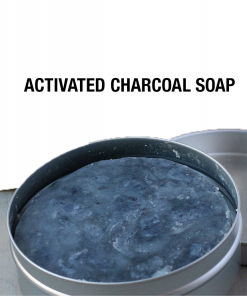
 The chemicals react with chlorine in tap water to produce dioxins. Dioxins are neurotoxins that can cause cancer, nerve disorders, and immune system disorders.
The chemicals react with chlorine in tap water to produce dioxins. Dioxins are neurotoxins that can cause cancer, nerve disorders, and immune system disorders. Environmental Impact
Environmental Impact